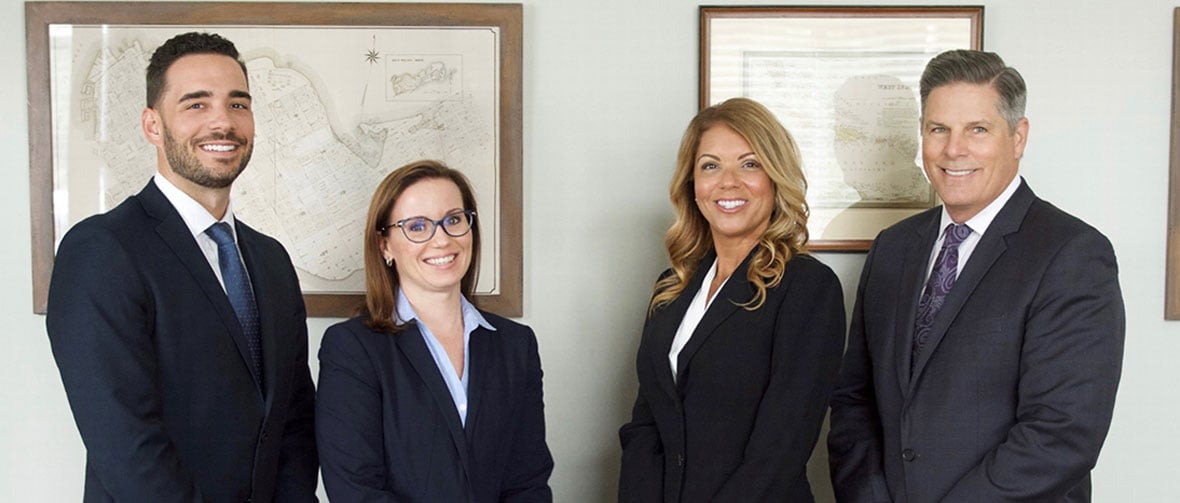According to U.S. News & World Report, probate is the process of proving a will is valid and distributing assets to heirs according to the laws in the state. Not all estate are subject to probate, but many wills end up going through the process.
As a result, you should understand how probate works and what the process involves. Here is what your family can expect as your estate progresses through probate.
The executor brings together your assets
You can specify an executor within your will, which makes them responsible for carrying out many tasks. The first is collecting information on all assets in your name at the time of your death. This includes homes, financial accounts, vehicles, life insurance policies, jewelry, retirement savings, and any other assets you own.
The executor notifies creditors
In addition to providing inheritances to your heirs, your estate is also used to settle remaining debt with your creditors. Along with gathering info on assets, executors must also send death notices to creditors. This gives them the option to pursue repayment via the assets owned by your estate.
Remaining taxes also require payment. In this case, the executor has up to nine months to file the last tax return on your behalf and remit money owed for things like property or income taxes.
Heirs receive their inheritances
The last step in the probate process is distributing assets to heirs as specified by your will. If your will is invalid or illegitimate, the court will decide how to hand out assets to your family.
The length of probate depends on the complexity of your will, how many assets you own, and whether your family contests your estate plan. It usually takes a few months to complete, but in some cases, it can take years.






